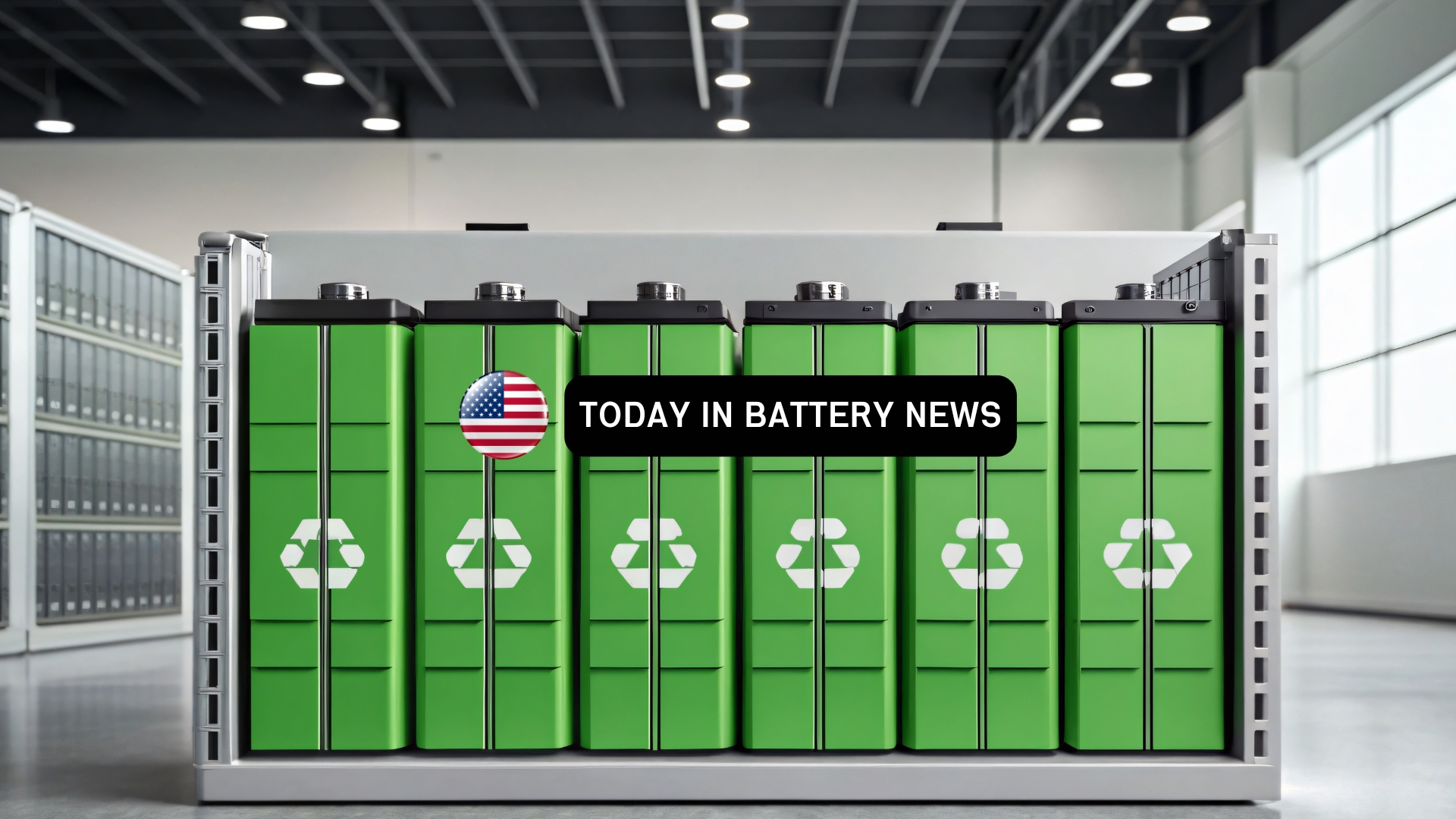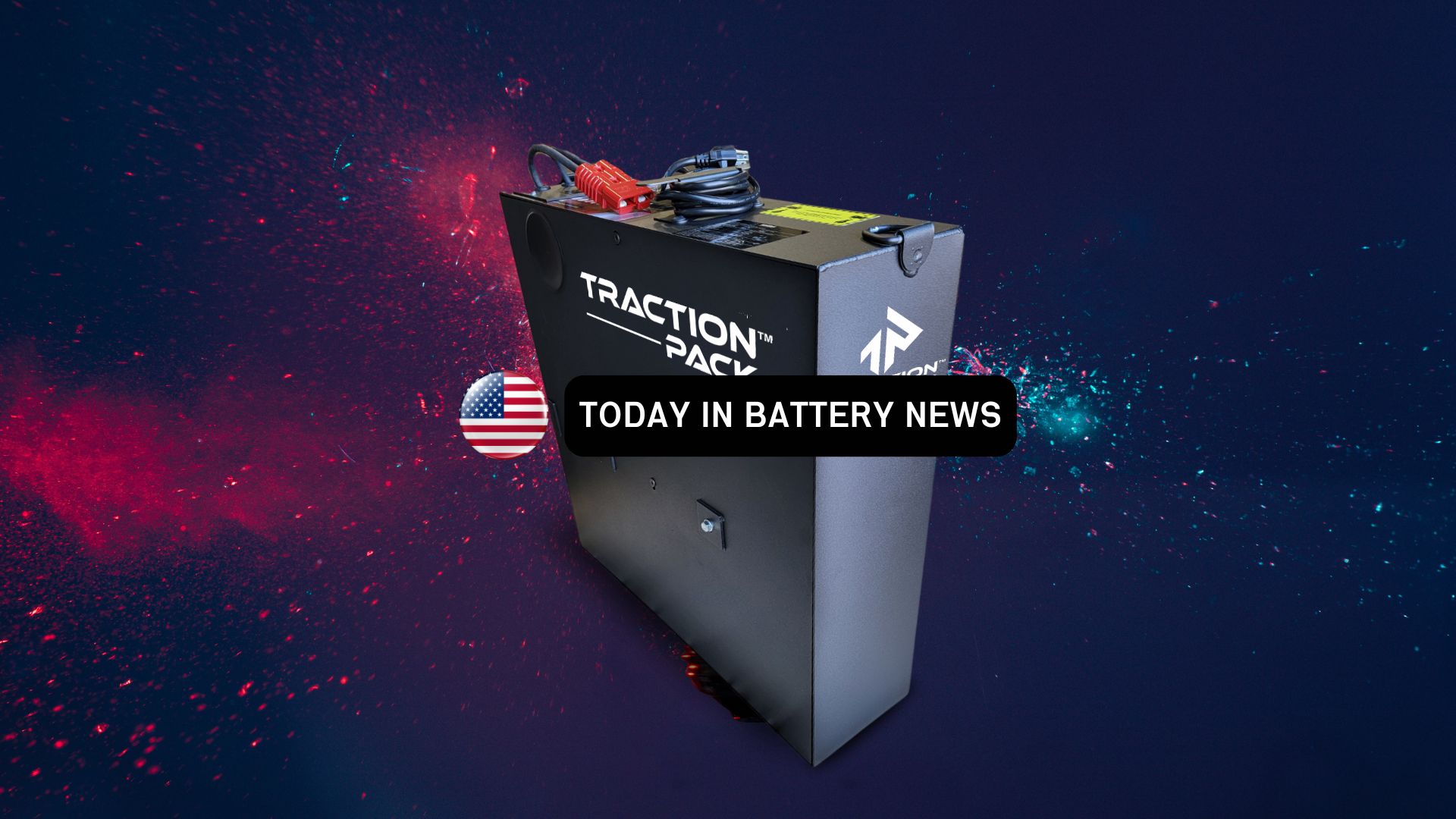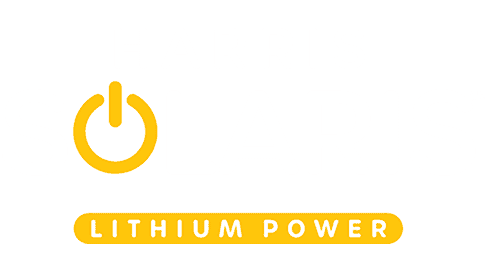NEWS
Sustainable Power Solutions

Navigating the Shift to Sustainable Power Solutions in Material Handling
The global push toward sustainability is transforming industries at an unprecedented scale. For warehouses and supply chain operations, energy use and efficiency are under the microscope. Material handling—an industry critical to logistics and warehousing—is no exception, as businesses increasingly turn to sustainable power solutions to align with modern environmental standards and reduce operational costs.
For warehouse managers, sustainability officers, and supply chain professionals, this shift presents both challenges and opportunities. From selecting the right energy-efficient batteries to implementing long-term lifecycle strategies, adopting sustainable practices is no longer optional—it’s essential.
This post explores the growing trend toward clean energy in material handling, with a deep dive into the solutions offered by the Harris Battery Company, a leader in the space. You’ll discover how sustainable power solutions can enhance operational efficiency, meet Environmental, Social, and Governance (ESG) expectations, and optimize end-to-end battery performance.
Why Sustainability in Material Handling Matters More Than Ever
Warehouses and material handling equipment consume significant amounts of energy, whether through forklifts, automated guided vehicles (AGVs), or other essential machinery. Traditionally, lead-acid batteries have powered these operations, but they come with environmental challenges. From harmful emissions in the manufacturing process to improper disposal at the end of their life, the environmental impacts add up fast.
Today, reducing carbon footprints, managing waste, and improving asset efficiency are pressing priorities for organizations. Customers, partners, and regulators alike are demanding greater transparency and greener operations. By transitioning to energy-efficient solutions such as lithium-ion batteries and prioritizing sustainability-focused lifecycle management, warehouses can improve competitiveness while protecting the planet.
Leading the Charge with Energy-Efficient Batteries
The Role of Lithium-Ion Technology
Lithium-ion technology is paving the way for sustainable energy in material handling. Compared to traditional lead-acid batteries, they are lighter, faster to charge, and longer-lasting. These batteries also eliminate the need for behaviors like frequent watering and prolonged charging, which lead-acid batteries often require.
Harris Battery is leading this transition by providing tailored lithium-ion solutions for a wide range of material handling applications. Whether you’re powering forklifts, AGVs, or industrial equipment, lithium technology helps not only reduce electricity consumption but also improve overall performance.
Cost-Effective and Green
Recycling efforts further enhance the sustainability of lithium-ion batteries. Harris Battery is helping businesses reclaim and reuse essential materials. This not only drives down costs but also reduces harmful emissions tied to the supply chain.
“Our goal is to connect battery performance with environmental responsibility,” says the Harris Battery team. “By focusing on recycling and reusing critical resources, we’re helping businesses close the loop and operate more sustainably.”
Integrating Sustainable Life Cycle Strategies
Sustainability isn’t just about the product itself—it’s about managing the entire lifecycle. From production to operation and responsible disposal, every phase offers an opportunity to reduce environmental impacts.
Extending Battery Life
Harris Battery works with OEMs and fleet managers to maximize battery performance and longevity. Through proper maintenance and best practices, businesses can extend the usable life of their equipment and reduce downtime.
Ensuring Safe Disposal
Improper disposal of industrial batteries can harm both the environment and business reputation. Harris Battery partners with recycling networks to guarantee that end-of-life batteries are handled securely. Their efforts have already resulted in the recycling of 27 million pounds of lead-acid batteries, offsetting emissions equivalent to removing nearly 26,300 cars from the road for a year.
Recycling and Recovery Programs
Harris Battery’s recycling initiatives are essential for fortifying supply chains and reducing waste. Recycling keeps critical metals in circulation, decreases the need for raw material mining, and reduces industrial carbon footprints.
How Sustainable Power Drives Efficiency in Warehouses
Improved Productivity
Energy-efficient batteries such as lithium-ion provide consistent power output, reducing the operational downtime caused by frequent battery changes or inefficient charging. This results in smoother workflows and higher productivity.
Meeting ESG Goals
ESG (Environmental, Social, and Governance) considerations are becoming critical benchmarks for corporate responsibility. By adopting clean energy solutions, warehouses improve compliance with carbon reduction mandates while meeting ethical business standards.
Strengthened Brand Reputation
Adopting a green supply chain demonstrates a company’s commitment to sustainability. This can improve relationships with customers and partners who value corporate responsibility, providing a tangible competitive advantage.
Building a Community of Sustainable Innovators
Sustainability in material handling is more than a trend—it’s a movement powered by collaboration and innovation. Harris Battery is at the forefront, helping businesses stay ahead of the clean energy curve.
From expertise in advanced battery systems to focus on lifecycle management solutions, Harris Battery offers valuable support to sustainability-minded businesses. We are committed to delivering not just products but partnerships designed to address evolving demands in material handling and beyond.
Key Impact Highlights by Harris Battery
- Recycled 27 million pounds of lead-acid batteries since 2018.
- Offset 121,259.4 metric tons of CO₂, equivalent to preventing the burning of 135 million pounds of coal.
Our work is proof that transitioning to sustainable power isn’t just good for the planet—it’s also practical, cost-effective, and results-driven.
Powering the Future, One Warehouse at a Time
The transition to sustainable power solutions in material handling represents a significant opportunity for warehouses, fleet managers, and sustainability officers to lead their industries toward a greener future. With companies like Harris Battery championing these efforts, moving toward an energy-efficient supply chain is now both accessible and essential.
Looking to electrify your operations while reducing environmental impact? Explore sustainable lithium-ion battery systems from Harris Battery to boost your warehouse productivity and align with modern ESG standards.
Together, you’re not just powering material handling equipment—you’re powering a cleaner, more responsible future. Call Now 1-800-367-7670








